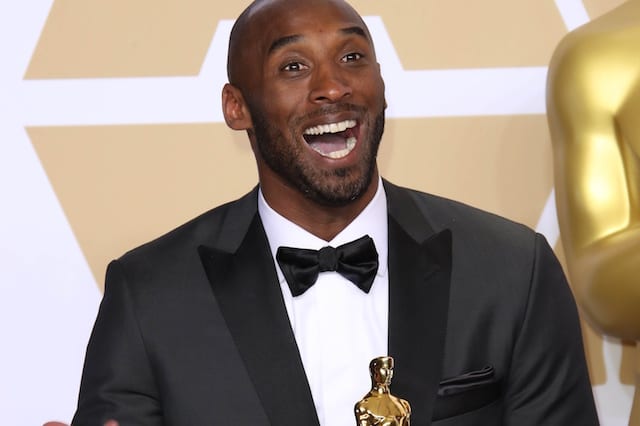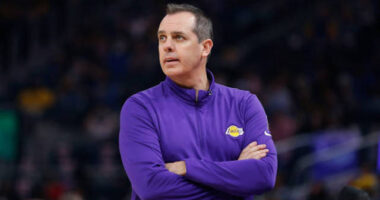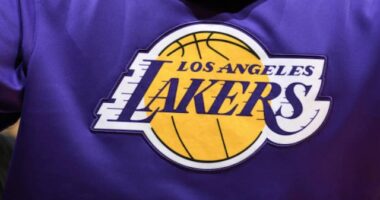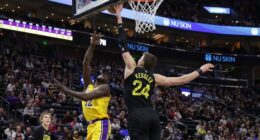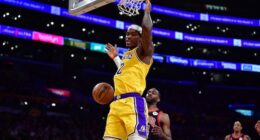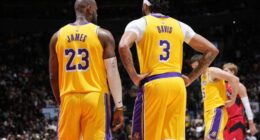On Friday, the league announced the cancellation of 43 pre-season games, three of those matchups involving the Lakers. Fans may view the lockout and subsequent ongoing negotiations between the players and owners as being generally inconsiderate of those who pay their hard earned cash just to watch a game of hoops. They might be right.
Last season kicked off with a television experiment labeled “The Decision,” carried on nicely as a batch of new stars emerged towards the top of the league’s elite talent and ended with the highly entertaining vindication of nearly everyone outside of South Beach, most notably Mark Cuban, the Dallas Mavericks and the city of Cleveland. In short, it was spectacular — a perfect platform to help propel the future of the NBA brand.
Then the work stopped.
The draft came and went without so much of a splash. Free agents remained team-less. Players began to find ways to occupy their time and (if the opportunity presented itself) make some money while they’re at it. But where do the fans factor in all of this?
As of right now, fans only appear to be on the back burner. Still relevant, but not relevant enough to speed up the negotiations.
If you’re like me and receive e-mail alerts from your favorite team, then chances are you received an e-mail last Friday detailing the league’s plan to cancel training camps and pre-season games through October 16. It read like a letter, but it felt more like a half-hazard apology from team officials.
Did you have tickets to go see the Lakers play Atlanta at Citizen’s Business Bank Arena in Ontario, California? So sorry, you can’t go. Were you going to finally enjoy some basketball in Sioux Falls, South Dakota? Oh no wait you can’t because the players and owners can’t decide how to divide the profits of a multi-million dollar industry.
I get it. Money makes the world go round. The owners are claiming they’re losing money, but until the players’ union gets a glimpse of their books, they won’t be convinced. The players want to continue to receive the hefty contracts they’ve been offered in previous years.
It appears, however, it’s not just a quick fix to restore funds to the few teams that struggled to compel fans to enter their respective stadiums. They would rather try to change the whole model so that a loss of profits never happens again. That’s easier said than done.
Next: Who’s to blame?
